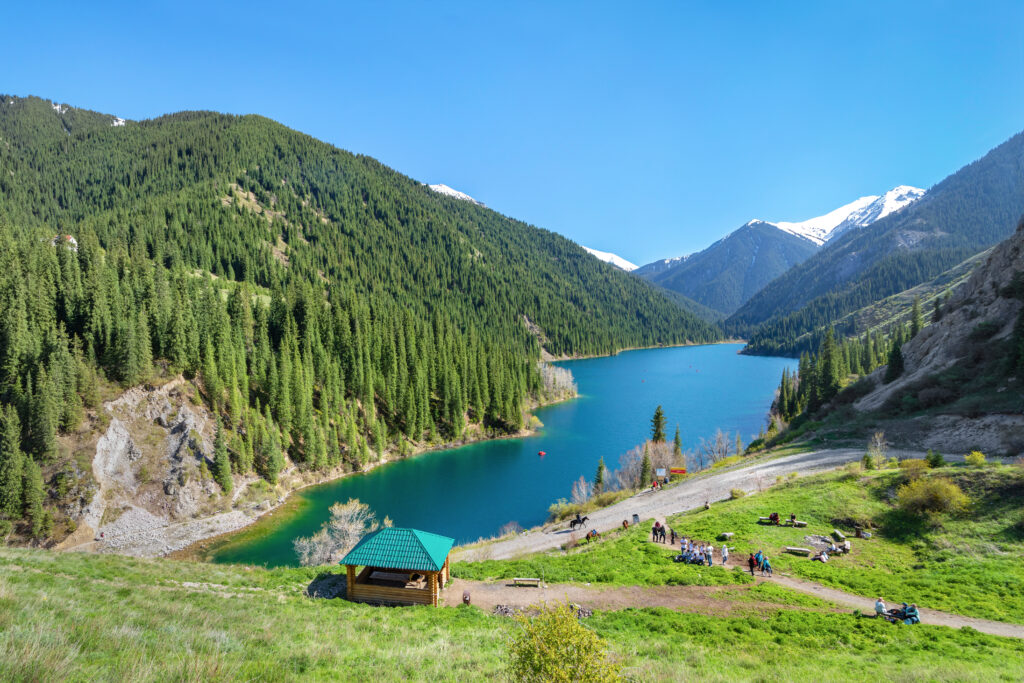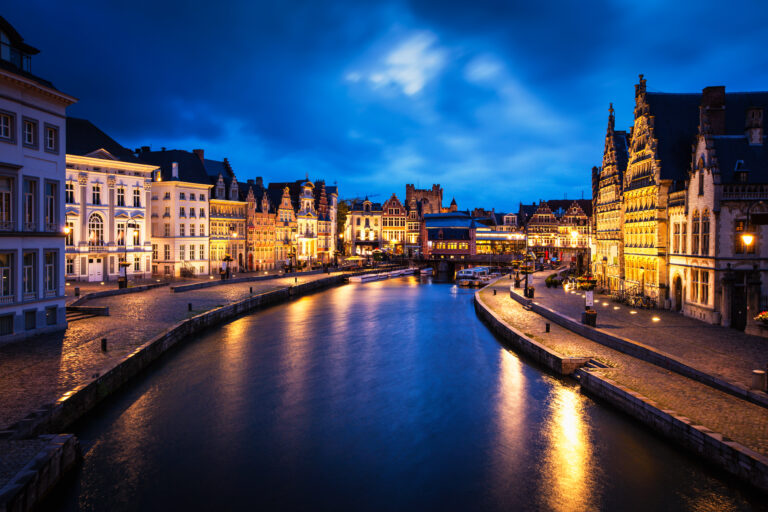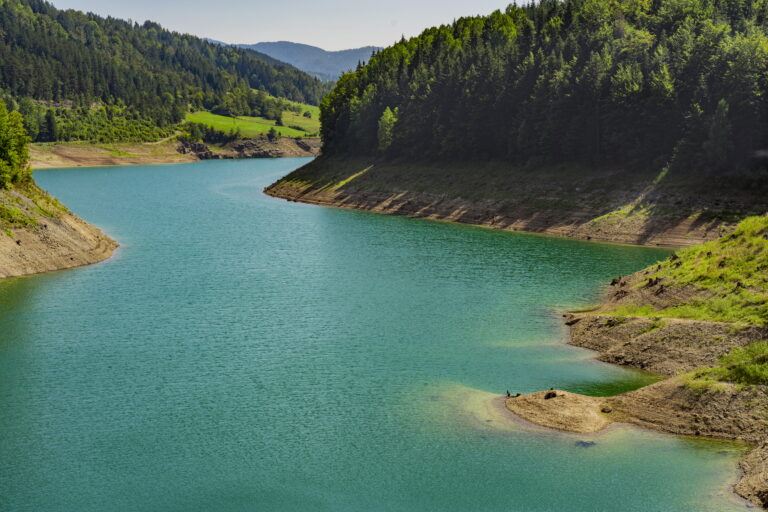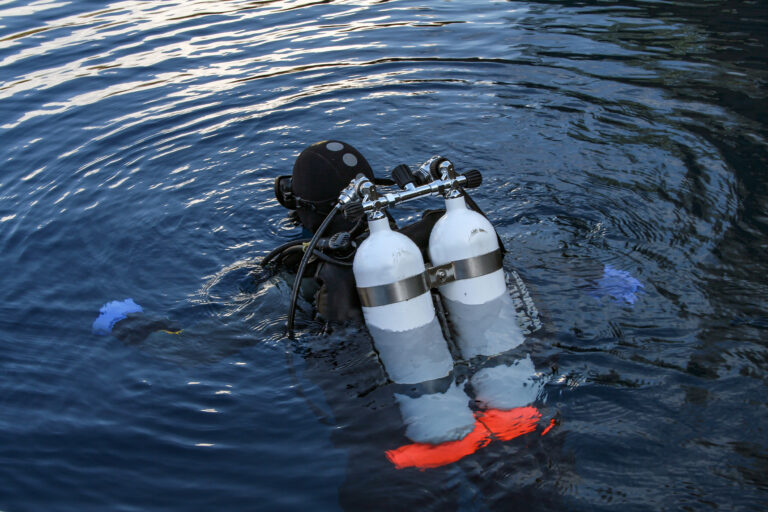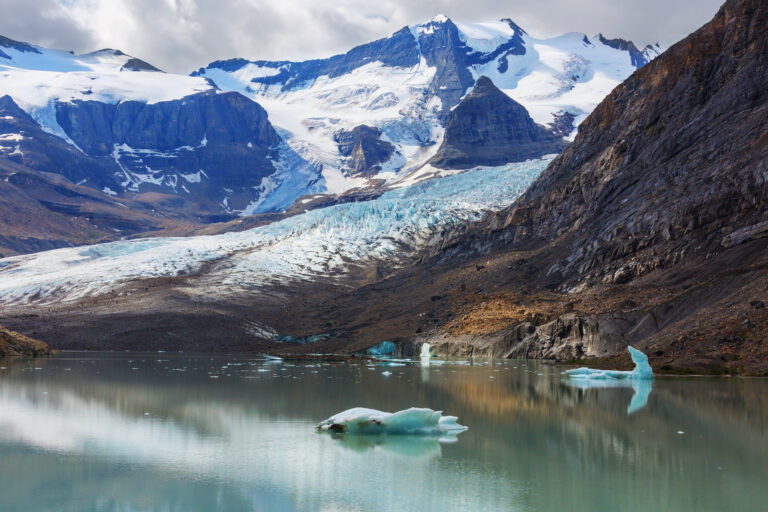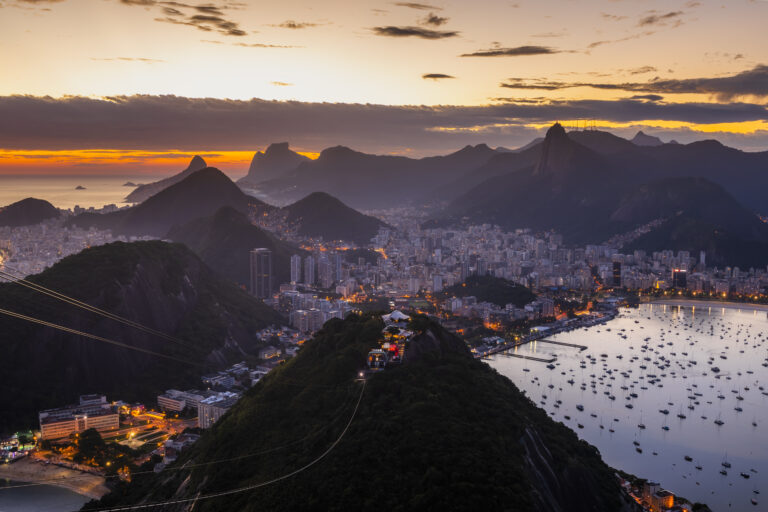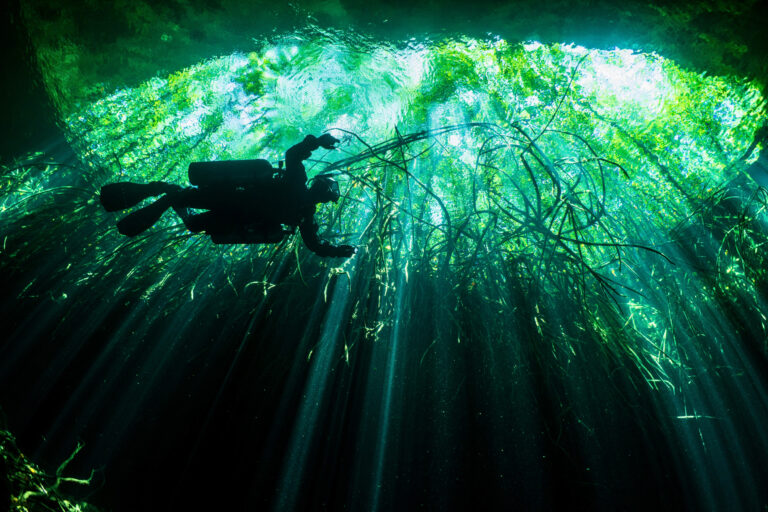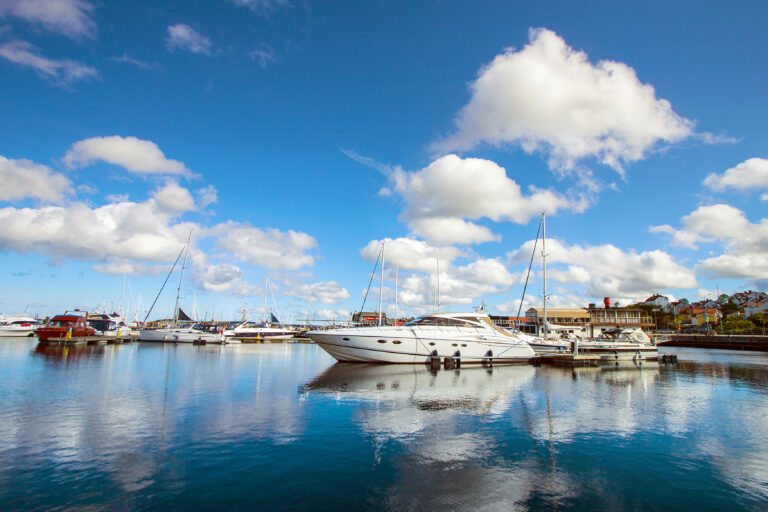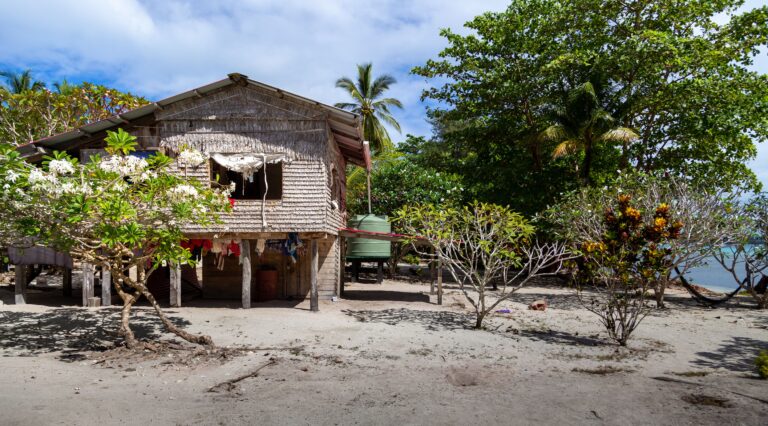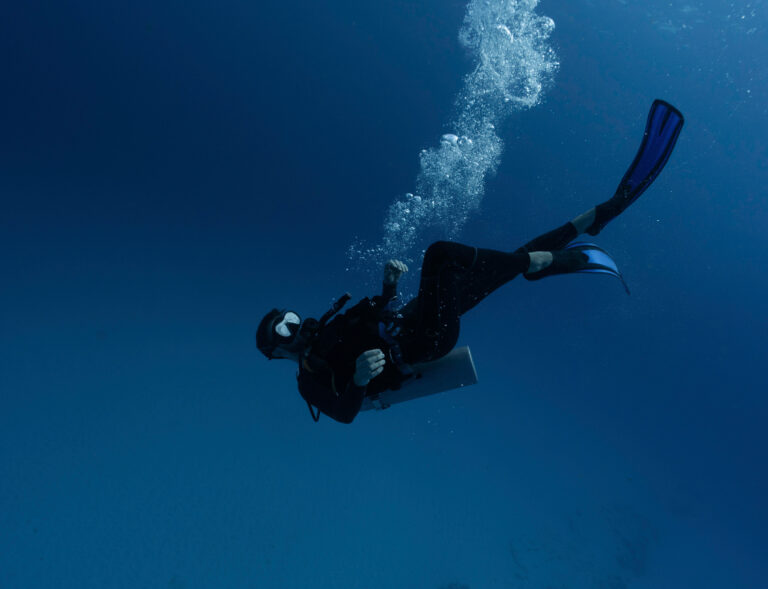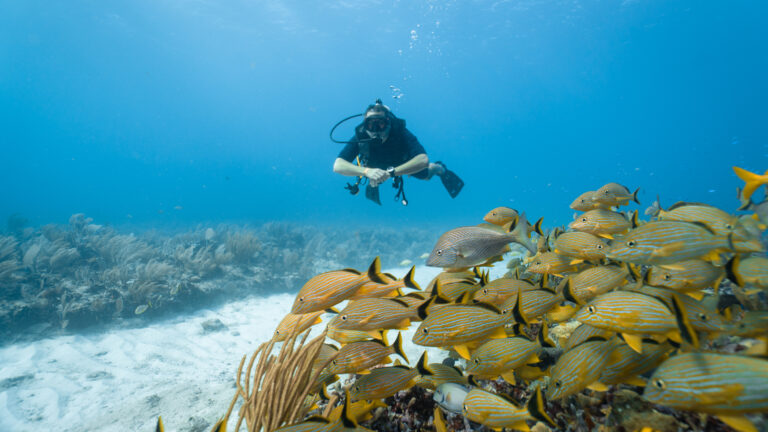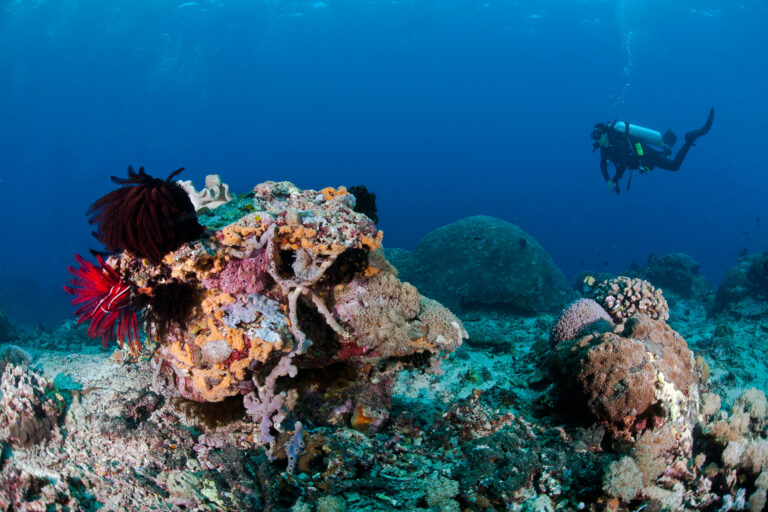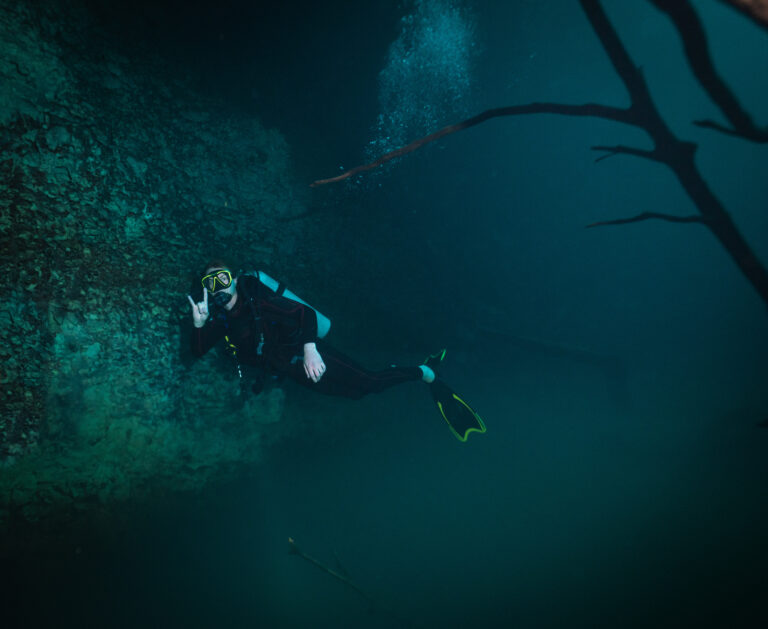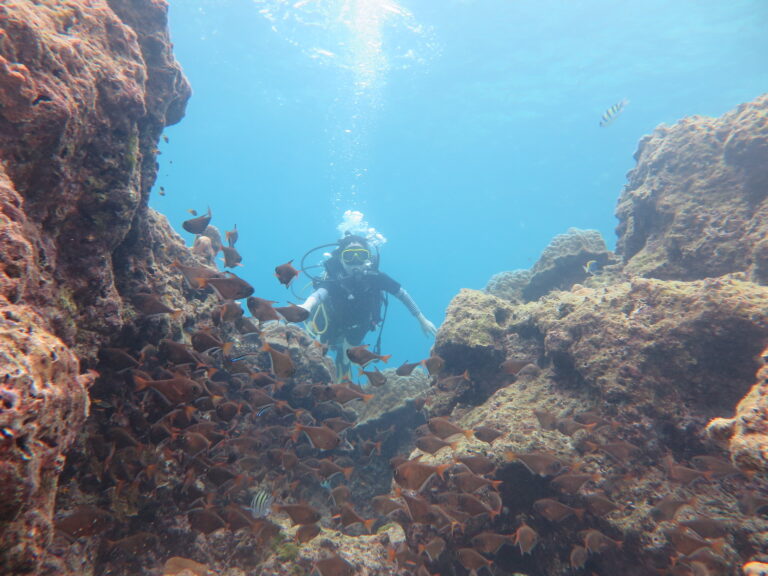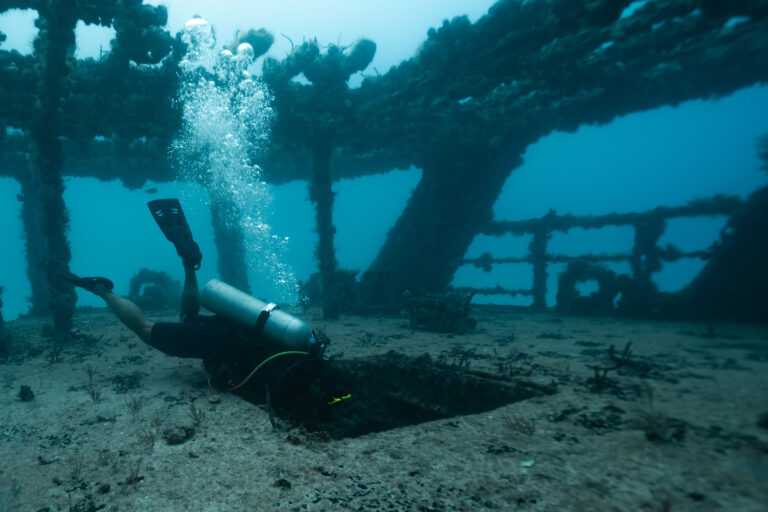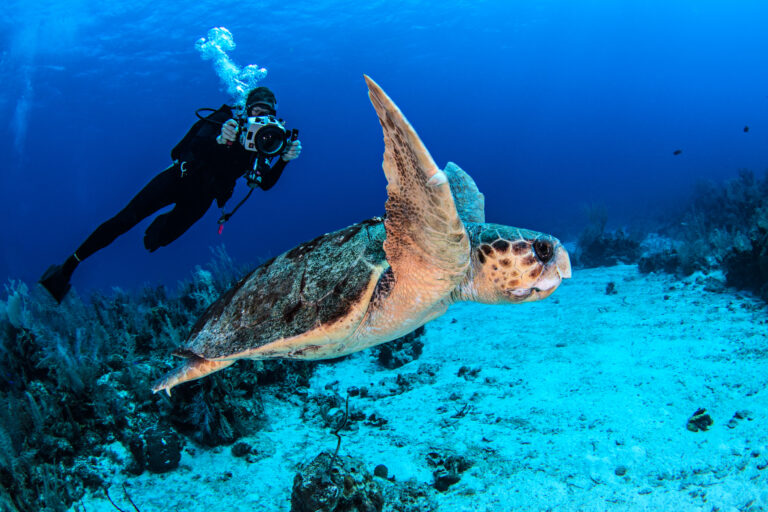SCUBA DIVERS’ TRAVEL GUIDE TO Kazakhstan
Kazakhstan is a landlocked country in Central Asia, but that doesn’t mean it lacks water. In fact, Kazakhstan has more than 120 lakes and rivers, some of which offer excellent opportunities for scuba diving. Whether you want to explore the underwater ruins of an ancient city, marvel at the diversity of fish and plants, or enjoy the clear and calm waters, Kazakhstan has something for every diver. Kazakhstan is also rich in culture and history, with influences from nomadic tribes, Mongol invaders, Russian settlers, and modern globalization. You can experience the traditions and customs of the Kazakh people, sample their delicious cuisine, and admire their stunning architecture. Kazakhstan is a destination that will surprise and delight you with its beauty and diversity, both above and below the water.
LOCATION AND GEOGRAPHY
Kazakhstan, a vast Central Asian country, may not be the first destination that springs to mind when considering scuba diving, but it offers a unique underwater experience for those willing to venture into its lesser-known aquatic realms. Landlocked and bordered by Russia, China, Kyrgyzstan, Uzbekistan, and Turkmenistan, Kazakhstan’s diving scene is centered around its lakes and reservoirs, with Lake Balkhash and the Almaty region’s Lake Issyk being notable spots. Lake Balkhash, one of the largest lakes in the world, is a semi-saline lake located in the southeastern part of the country, offering divers the chance to explore a diverse ecosystem where freshwater and saline waters mix. Meanwhile, Lake Issyk, nestled in the Tian Shan mountains near Almaty, is famed for its clear mountain waters and the tragic history of a 1963 mudflow that engulfed the area, creating an underwater landscape of submerged trees and remnants of the past. The geography of Kazakhstan’s dive sites is as varied as its terrain, providing a distinctive backdrop for adventurous divers seeking the road less traveled beneath the surface.
VISA AND ENTRY REQUIREMENTS
Kazakhstan, while not traditionally renowned for scuba diving, offers unique underwater experiences in its lakes and reservoirs. Travelers looking to explore these aquatic landscapes should be aware that entry into Kazakhstan typically requires a visa for most foreign nationals. However, Kazakhstan has been known to periodically update its visa policy, offering visa-free access for citizens of certain countries for stays of up to 30 days. It is essential to check the latest visa requirements well in advance of your trip. Visas can be obtained through Kazakhstani diplomatic missions abroad, and in some cases, an e-visa may be available. Ensure your passport is valid for at least six months beyond the period of stay and has at least one blank page for the visa. Additionally, upon arrival, visitors must register with the local authorities within five days; however, hotels often provide this service for their guests. Always carry identification and a copy of your visa while in the country, as random document checks are possible.
GETTING TO Kazakhstan
Getting to Kazakhstan for a scuba diving adventure is an unconventional choice, but it offers a unique experience for those looking to explore freshwater environments. The landlocked country is most accessible by air, with the Almaty International Airport and Nursultan Nazarbayev International Airport in Nur-Sultan serving as the main international gateways. Major airlines provide connections from Europe, Asia, and the Middle East. Once in Kazakhstan, domestic flights, trains, or car rentals can be used to reach diving destinations such as Lake Balkhash or the more remote Lake Kaindy, known for its submerged forest. It’s important to note that while Kazakhstan may not be renowned for typical coral reefs, its intriguing underwater landscapes and Soviet-era relics provide a different kind of allure for divers seeking the road less traveled. Ensure you have the appropriate visa arrangements, as requirements vary depending on your nationality, and consider timing your visit during the warmer months for the most comfortable diving conditions.
BEST TIME TO DIVE
Kazakhstan, a country predominantly known for its vast steppes and rich cultural heritage, may not be the first destination that comes to mind for scuba diving enthusiasts. However, the landlocked nation offers a unique underwater experience in the alpine lakes of the Tien Shan and Altai mountains. The best time to scuba dive in Kazakhstan is during the summer months, from June to September, when the ice has melted, and the water temperatures are relatively warmer, ranging from 6°C to 10°C (43°F to 50°F). During this period, the visibility in the mountain lakes, such as Lake Kaindy with its submerged forest, and Lake Issyk, known for its clear turquoise waters, can be quite impressive, offering a serene and otherworldly diving experience. It’s important to note that diving here is for the adventurous, as the high altitude and cooler water temperatures require divers to be well-prepared with appropriate thermal protection and altitude diving training.
ACCOMMODATION OPTIONS
Kazakhstan, while not traditionally recognized for its scuba diving, offers a unique underwater experience in its lakes, particularly in Lake Balkhash and the alpine lakes of the Tian Shan mountains. Accommodation options for divers in these areas are varied, ranging from rustic lakeside yurts that offer an authentic Kazakh experience to more conventional hotels in nearby towns. In the city of Almaty, which serves as a gateway to the Tian Shan’s diving spots, divers can find a range of accommodations including luxury hotels, hostels, and guesthouses. For those venturing to Lake Balkhash, local guesthouses and modest hotels provide comfortable stays, often with facilities to clean and store diving gear. It’s advisable to book in advance, especially during the peak summer months, to ensure availability and the best rates. Some accommodations may also assist with arranging transportation to the dive sites, as well as connecting guests with local dive operators for a complete diving package.
DIVE OPERATORS AND DIVE SHOPS
Kazakhstan, a nation predominantly known for its vast steppes and rich cultural heritage, may not be the first destination that springs to mind for underwater exploration, but it offers a unique scuba diving experience, particularly in its lakes and reservoirs. Dive operators and shops in Kazakhstan are relatively few and far between, reflecting the niche status of scuba diving in the region. However, those that do exist, such as those around Lake Balkhash or the Almaty region’s Kaindy and Issyk Lakes, provide personalized services with a focus on safety and environmental stewardship. Divers can expect to find well-maintained rental equipment, knowledgeable local guides, and PADI-certified instruction that caters to both beginners and experienced divers. Given the inland nature of diving in Kazakhstan, dive shops often organize trips that include not just diving, but also an exploration of the surrounding natural beauty and cultural sites, making for a well-rounded adventure. It’s advisable to arrange your diving excursions in advance, as the seasonal operation and remote locations mean that services may not be as readily available as in more established dive destinations.
TRANSPORTATION WITHIN Kazakhstan
While Kazakhstan may not be the first destination that comes to mind for scuba diving, its landlocked geography offers unique underwater experiences in lakes and reservoirs. Transportation within the country for scuba divers is primarily overland, given the vast distances between dive sites. Renting a car or hiring a private driver is often the most convenient way to reach remote lakes like Lake Balkhash or the alpine Kaindy Lake, known for its submerged forest. For those heading to the southern region to explore the diving spots in the Kyzylkum Desert, domestic flights to nearby cities such as Shymkent can save time, followed by local transport to the dive sites. Public buses and trains are available but may not be practical for divers with gear, as they can be less frequent and have limited space. It’s essential to plan your transportation in advance, considering the rugged terrain and the potential need for four-wheel-drive vehicles to access certain areas.
CURRENCY AND PAYMENT METHODS
While Kazakhstan might not be the first destination that comes to mind for scuba diving, it offers unique underwater experiences, particularly in lakes like Balkhash and the famous alpine Lake Kaindy, known for its submerged forest. When planning your scuba diving trip to Kazakhstan, it’s important to note that the national currency is the Kazakhstani Tenge (KZT). Major cities and tourist areas will have ATMs and banks where you can withdraw cash or exchange currency, but it’s advisable to carry some cash with you as remote diving spots may not have nearby banking facilities. Credit cards are widely accepted in urban centers and at established dive shops and resorts, but less so in off-the-beaten-path locations. Always check with your dive operator ahead of time to confirm acceptable payment methods. Additionally, consider bringing USD or EUR, as they are the most easily exchanged currencies, should you need to convert more money during your stay.
LANGUAGE AND COMMUNICATION
While Kazakhstan may not be the first destination that comes to mind for scuba diving, it offers unique underwater experiences in its lakes and reservoirs, such as Lake Balkhash and the Kaindy Lake with its submerged forest. When it comes to language and communication, the primary language spoken in Kazakhstan is Kazakh, although Russian is also widely used and serves as a lingua franca. English is not commonly spoken, especially in remote areas and among older generations, so it is advisable for divers to learn basic Russian phrases or have a translation app handy. Dive operators may have English-speaking staff, but this is not guaranteed. It’s beneficial to have key diving terms and emergency procedures written down in both Kazakh and Russian. Additionally, familiarizing oneself with the standard hand signals used in diving can greatly aid in underwater communication with local dive guides and fellow divers.
LOCAL CULTURE AND ATTRACTIONS
Kazakhstan, a vast nation with a rich tapestry of cultures, may not be the first destination that springs to mind for scuba diving enthusiasts, yet it offers a unique underwater experience in the landlocked Lake Balkhash. Before or after exploring the lake’s aquatic wonders, divers can immerse themselves in the local Kazakh culture, characterized by a blend of nomadic traditions and Russian influences. Visitors can marvel at the intricate artistry of traditional Kazakh crafts at local bazaars, savor the flavors of hearty Central Asian cuisine, and witness the skill of eagle hunters in the rugged countryside. The country’s attractions extend beyond its cultural heritage, with the striking architecture of Nur-Sultan, the capital city, and the ancient petroglyphs in the Tamgaly Tas on the Ili River, offering glimpses into both the modern and historical facets of Kazakhstan. Whether attending a vibrant folk music performance or trekking through the dramatic landscapes that range from steppes to mountains, the cultural and natural attractions of Kazakhstan provide a compelling backdrop to any scuba diving adventure.
CULTURAL ETIQUETTE AND TIPS
While Kazakhstan may not be the first destination that comes to mind for scuba diving, its landlocked treasures like Lake Balkhash and the Caspian Sea offer unique underwater experiences. When visiting Kazakhstan for scuba diving, it’s important to respect the local customs and traditions. Kazakh people are known for their hospitality, but it’s courteous to familiarize yourself with basic Kazakh phrases and gestures of politeness. Dress modestly when not on the dive boat, especially in rural areas, and be mindful of local norms, such as removing your shoes when entering someone’s home. It’s also customary to accept tea if offered, as it’s a sign of welcome. When diving, ensure that you follow environmental guidelines and respect any historical or cultural artifacts you may encounter underwater. Engage with local dive operators and guides who can provide insights into the cultural significance of dive sites. Lastly, be aware that some areas may require special permits due to border proximity or ecological sensitivity, so plan accordingly and always adhere to local regulations.
LOCAL LAWS AND REGULATIONS RELEVANT TO TOURISTS
Before plunging into the underwater adventures that Kazakhstan’s lakes and rivers offer, scuba divers should be aware of the local laws and regulations pertinent to the activity. Kazakhstan, being a landlocked country, may not have extensive scuba diving regulations compared to coastal nations, but it’s crucial to adhere to the rules set forth by local authorities. Divers should ensure they are certified by a recognized diving organization, as uncertified diving is not permitted. It’s important to check for any permits or fees required for diving in national parks or protected areas, such as Lake Balkhash or the Ili River. Environmental regulations are strict; divers must avoid disturbing the aquatic life and are prohibited from collecting any biological or historical artifacts. Additionally, given the seasonal weather conditions, diving is often regulated to specific times of the year for safety reasons. Always consult with local dive shops or tour operators for the most current information, as they will be up-to-date on any changes in regulations or temporary restrictions that may affect your diving plans in Kazakhstan.
SAFETY TIPS AND EMERGENCY CONTACTS
When planning a scuba diving trip to Kazakhstan, prioritizing safety is paramount. Due to the landlocked nature of the country, diving is primarily conducted in lakes, such as Lake Balkhash or the famous Kaindy Lake, known for its submerged forest. It’s essential to be aware of the altitude, as some dive sites may require altitude diving procedures. Always dive within your certification limits and ensure that your equipment is in good working order. Before your dive, familiarize yourself with local emergency procedures and ensure that you have access to up-to-date emergency contact information. In Kazakhstan, you should know the contact details of the nearest hyperbaric chamber, which may be located in larger cities like Almaty or Nur-Sultan. Additionally, keep the numbers for local emergency services and the coast guard handy, even though the latter may be more relevant for larger bodies of water. It’s also wise to have a means of communication that works in the region you’ll be diving in. Remember, the key to a successful dive is preparation, so take a refresher course on emergency protocols if it’s been a while since your last dive.
HEALTH AND TRAVEL INSURANCE
When planning a scuba diving trip to Kazakhstan, it is crucial to consider your health and travel insurance options carefully. While Kazakhstan may not be the first country that comes to mind for underwater exploration, it offers unique diving experiences, such as in the alpine lakes of the Tien Shan mountains. Given the remote locations and the potential risks associated with high-altitude diving, it is essential to ensure that your insurance policy covers scuba diving activities, including any potential hyperbaric treatment. Additionally, verify that your policy provides coverage for medical evacuation, as access to decompression chambers and advanced medical facilities may be limited in this region. It is also wise to have a comprehensive travel insurance policy that covers trip cancellations, lost gear, and any unforeseen circumstances that could arise during your journey in Kazakhstan. Always carry proof of your insurance and emergency contact information with you, and consider registering with your embassy upon arrival for additional support during your stay.

